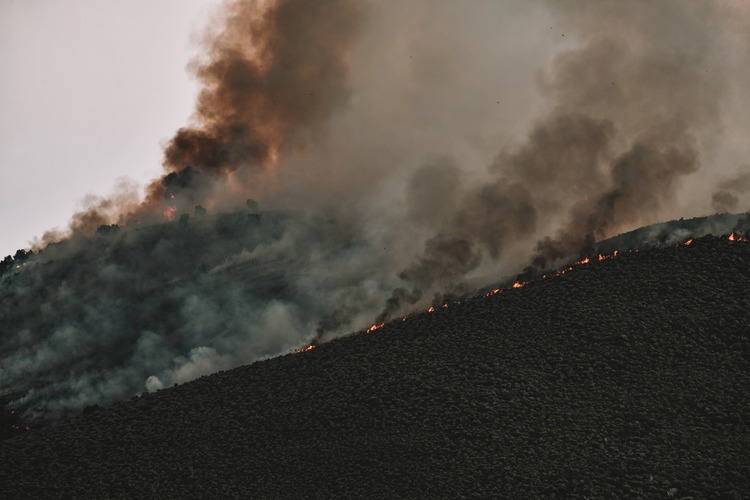The Straits Times reported that the stakes in the fight against global warming are higher than ever, the UN’s climate science chief said as nearly 200 nations met to finalise what is sure to be a harrowing report on climate impacts. “The need for the Working Group 2 report has never been greater, because the stakes have never been higher,” Intergovernmental Panel on Climate Change (IPCC) chairman Hoesung Lee said in a live videocast. Species extinction, ecosystem collapse, mosquito-borne disease, deadly heat, water shortages and reduced crop yields are already measurably worse due to global heating. The past year alone, the world experienced a cascade of unprecedented floods, heatwaves and wildfires across four continents. All these impacts will accelerate in the coming decades even if the carbon pollution driving climate change is rapidly brought to heel, the IPCC report is likely to warn.
A crucial, 40-page summary for policymakers – distilling underlying chapters totalling thousands of pages, and reviewed line-byline – is set to be made public on Feb 28. “This is a real moment of reckoning,” said Dr Rachel Cleetus, climate and energy policy director at the Union of Concerned Scientists. “This not just more scientific projections about the future. This is about extreme events and slow-onset disasters that people are experiencing right now.” The report will also underscore the urgent need for “adaptation” – meaning preparing for devastating consequences that can no longer be avoided. In some cases, this means that adapting to intolerably hot days, flash flooding and storm surges has become a matter of life and death.
IPCC assessments – this will be the sixth since 1990 – are divided into three sections, each with its own volunteer “working group” of hundreds of scientists. Last August, the first instalment on physical science found that global heating is virtually certain to pass 1.5 deg C, probably within a decade. Earth’s surface has warmed 1.1 deg C since the 19th century. The 2015 Paris deal calls for capping global warming at “well below” 2 deg C, and ideally 1.5 deg C. The IPCC report is sure to reinforce this more ambitious goal. It will likewise underscore that vulnerability to extreme weather events – even when they are made worse by global warming – can be reduced by better planning and preparation.
The report is also likely to highlight dangerous “tipping points”, invisible temperature trip wires in the climate system for irreversible and potentially catastrophic change. Some of them – such as the melting of permafrost housing twice as much carbon as in the atmosphere – could fuel global warming all on their own. The third and final instalment of the IPCC assessment, due out in early April, examines options for curbing carbon emissions and removing carbon from the atmosphere.
Source: The Straits Times
Date: 14 February 2022
Link: Here
February 15, 2022













